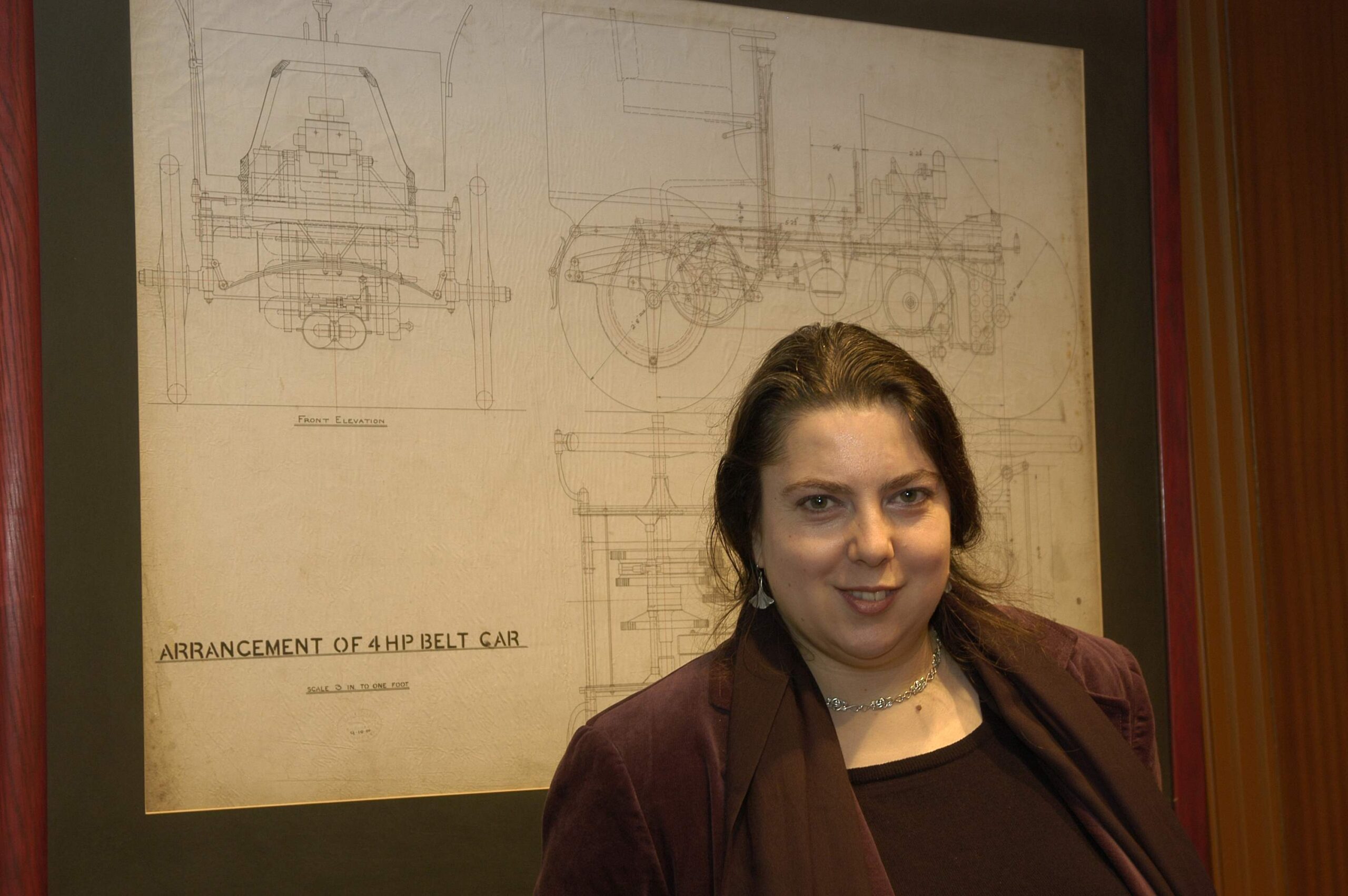
he issue of vehicle clocking keeps appearing in the news recently and is one that has troubled the automotive sector for many years now, but it has developed some new dimensions with the increase in mileage penalties with vehicle finance options such as personal contract purchase and personal contract hire.
Clocking is the practice where a vehicle odometer is altered to reduce the mileage of a vehicle. Historically this has been done either to make a car look less worn or to increase the vehicle’s value. This is still happening, but in addition consumers now want to reduce their exposure to mileage excess fees levied at the end of finance agreements.
These fees are typically 7p or 8p per mile but can be double this. The more miles a customer drives over the allowance allowed by the finance agreement, the more the customer will need to pay at the end of the finance term. It’s therefore very attractive to reduce the odometer mileage to negate such a charge. It is suspected that many consumers do not believe they are doing anything wrong or at least if they are they think this is a victimless crime.
In recent years technology on cars has improved significantly to counter the issue, but it’s been hard keeping ahead of the criminals. The task is made harder by the sheer number of mileage adjustment companies who advertise on the web and are able to change a vehicle’s mileage in minutes with just a laptop and hi-tech software which can be easily purchased online – leaving little evidence of their activity – whereas in the past clocking was restricted to those who had specific knowledge of the mechanics of the car.
There’s growing anecdotal evidence that consumers are becoming part of the problem. In recent years there’s been a change in how consumers finance vehicles they buy. In the past consumers used traditional hire purchase to fund the purchase of a car. This is changing as consumers are now moving to using PCP instead attracted by low-cost monthly payments and the flexibility these contracts offer. However these contracts present a significant problem for consumers in that the cost of the finance is based on the number of miles driven.
Consumers are finding they have significant excess mileage on the vehicle at the end of the contract which attracts a penalty. Ultimately, this can then lead to consumers wanting to reduce these miles to lessen any additional costs – usually done by approaching a mileage adjustment company to alter the mileage. It is not the fault of PCP, but more so the reality that it’s so easy to alter the mileage, and many consumers are unaware they are doing anything fraudulent.
How well do you really know your competitors?
Access the most comprehensive Company Profiles on the market, powered by GlobalData. Save hours of research. Gain competitive edge.

Thank you!
Your download email will arrive shortly
Not ready to buy yet? Download a free sample
We are confident about the unique quality of our Company Profiles. However, we want you to make the most beneficial decision for your business, so we offer a free sample that you can download by submitting the below form
By GlobalDataCar manufacturers are working hard to put technology in cars to prevent odometer fraud, however as fast as they devise a solution, the clockers find a way round it. What is really needed is legislation to outlaw the practice of clocking and for the authorities to enforce it strictly.
Louise Wallis is head of business development for the National Franchised Dealers Association






